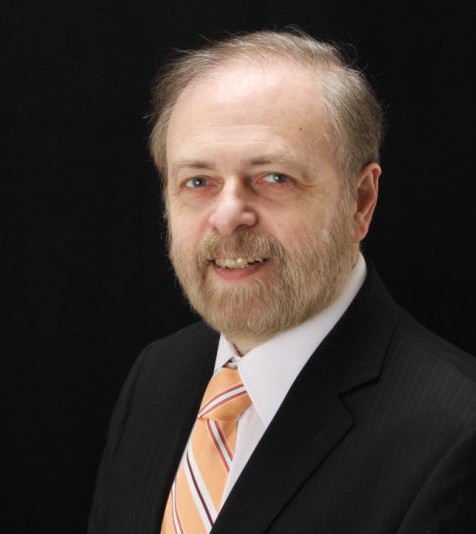By Rabbi Mordechai Levin
Published by The Times of Israel – April 13, 2014
I look at the four old photos of my first Seder and see myself at one year old, sitting with my grandfather, and holding the Haggadah. There they are, my uncles and cousins, the matzah and the wine on the table. Sadly, my parents, grandmother and aunts were not pictured there. Were they in other photos that are lost?
During my first years of life, our Seder observances were divided between my grandparents’ homes. For the first Seder night, my parents, my brother and I used to go to the home of my father’s parents – and we would spend the second Seder with my mother’s parents. My paternal grandfather died when I was five years old, and my paternal grandmother when I was six years old; for that reason I don’t remember the Seder with them, and all I have are the photos. After they died, we began to spend both Seder nights at my maternal grandparents’ home.
My maternal grandfather used to lead the Seder reading the entire Haggadah in Hebrew, and my brother and I asked the “four questions.” We sang the traditional songs with old and new melodies, and took turns reading the text. The food and the experience were great, and I treasured them year after year.
During my teenage years, something special happened; we were celebrating the Seder and my grandfather conducted it reading the Haggadah, just as he did every year. The Seder was unfolding in a enjoyable way with its rituals, symbols and songs. At one point, my grandfather stopped reading and said to me – his oldest grandchild – in Yiddish, “Look well at how everything is done, because I am not going to live forever.” I did not dare to reply. I only nodded my head. Some months later, my grandfather passed away.
I always remembered those words. To me, they meant that it is the responsibility of the younger generation to continue traditions. I still remember his voice, and I now answer him with words I did not dare say at that time. “Don’t worry. I watched closely how everything was done, and I shall do it. What you transmitted, the love and commitment to Judaism I shall transmit.”
Several years ago, my brother surprised me: “I have a partial recording of the last Seder with our grandfather,” he said. I received this unexpected gift, grateful for the opportunity to open a door to cherished memories. Then I heard, coming to life again, the voice of my grandfather, and the voices of my parents when they were younger. Hearing this was a poignant moment of sweet memories.
The premise of Pesach revolves around remembering the liberation of our ancestors from slavery. “And Moses said unto the people: Remember this day, in which you came out of Egypt” (Exodus 12:3). It is written in the Mishnah (Pesachim 10:5): “In every generation, a person is required to consider himself as if he had himself left Egypt, as it is said, And you shall tell your child on that day, saying, It is because of what God did for me when I went out from Egypt.”
A Seder is a memory maker. It is about the memories of our people — generation after generation — since the time our ancestors left slavery. Memories can place us in whatever time and location we choose. If we so desire, we can use thought and imagination to return to the past and relive experiences in the here and now, just as we experienced them long ago. Memories can bring our loved ones to the Seder table each year. They remind us who we are and what we stand for; they shape our identity and ideals.
At the Seder we ask the traditional four questions. This year we can ask ourselves an additional four questions: What are some of our favorite Pesach recollections? How do these influence our present celebration? What Jewish memories and traditions do we want to pass on? How do we create joyful Jewish celebrations for our children and grandchildren?
I look again at the old photos of my first Seder. I remember the sweet memories of later celebrations and the words I wanted to say to my grandfather at his last Seder, and I hope I, too, have been able to create unforgettable memories for my children.
 is the rabbi of Congregation Beth Israel in Munster, IN. He received his rabbinic ordination from the Latin American Rabbinical Seminary, and is a member of the Rabbinical Assembly. In 2010, he was awarded an Honorary Doctorate of Divinity from the Jewish Theological Seminary in New York City for his years of dedicated service to the Conservative movement and the Jewish community...
is the rabbi of Congregation Beth Israel in Munster, IN. He received his rabbinic ordination from the Latin American Rabbinical Seminary, and is a member of the Rabbinical Assembly. In 2010, he was awarded an Honorary Doctorate of Divinity from the Jewish Theological Seminary in New York City for his years of dedicated service to the Conservative movement and the Jewish community...